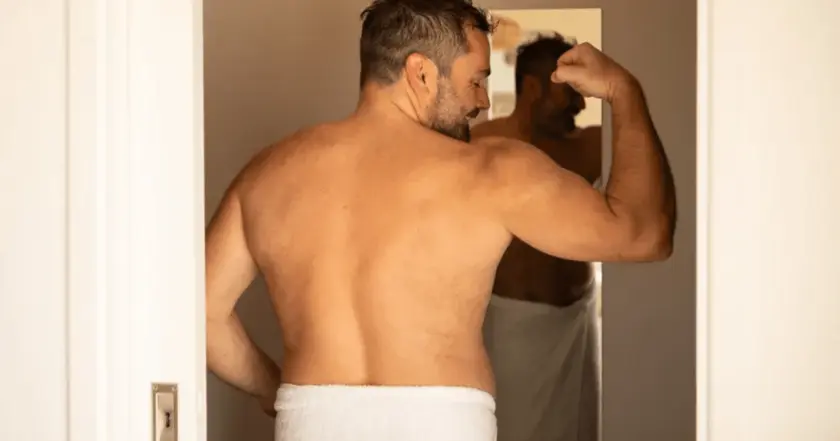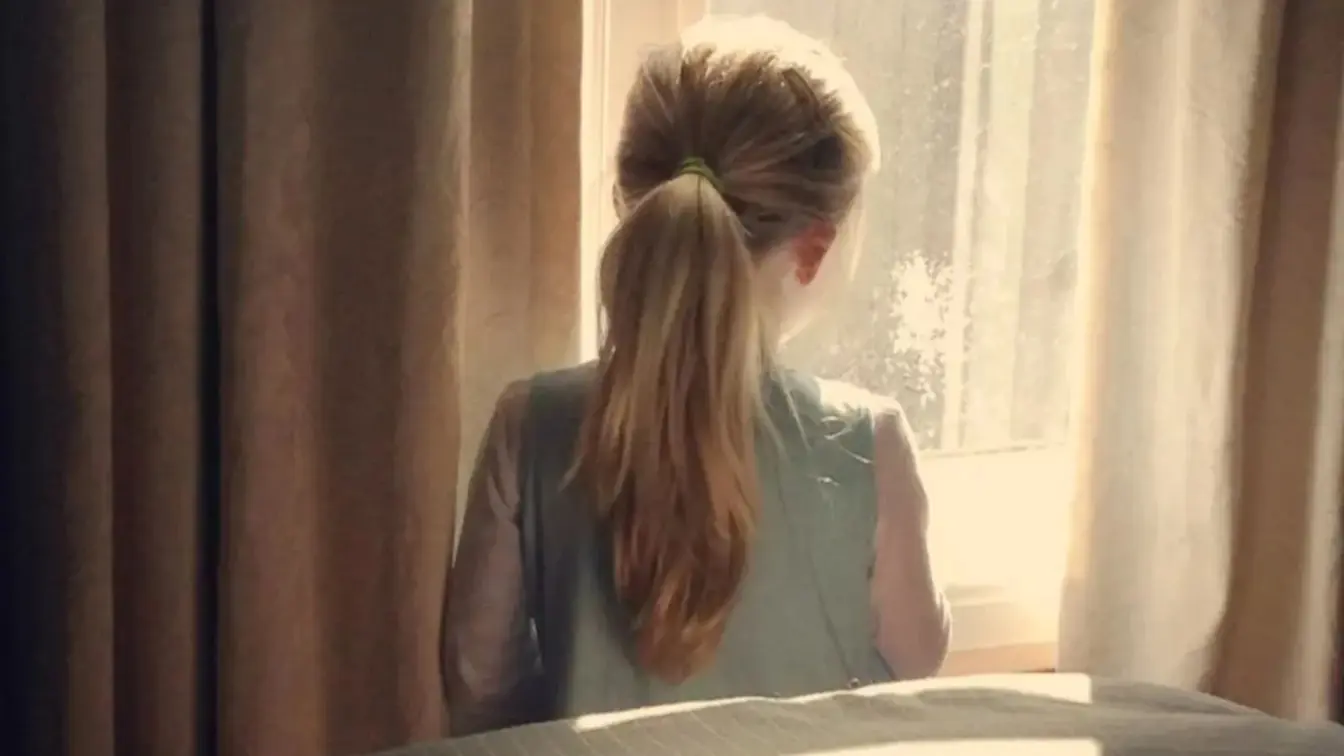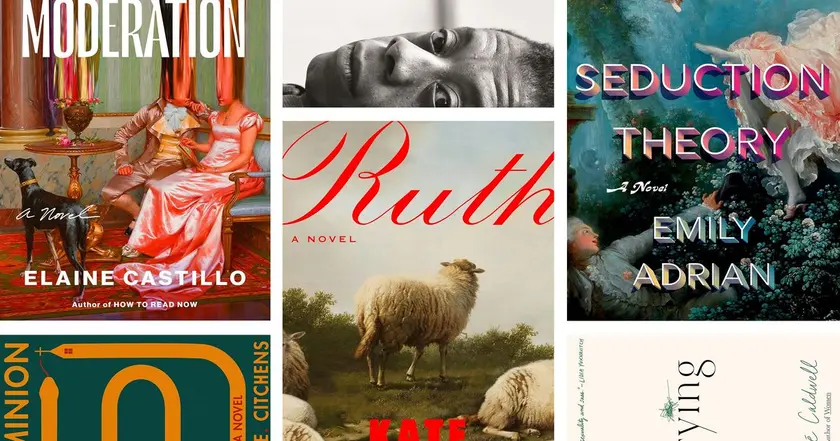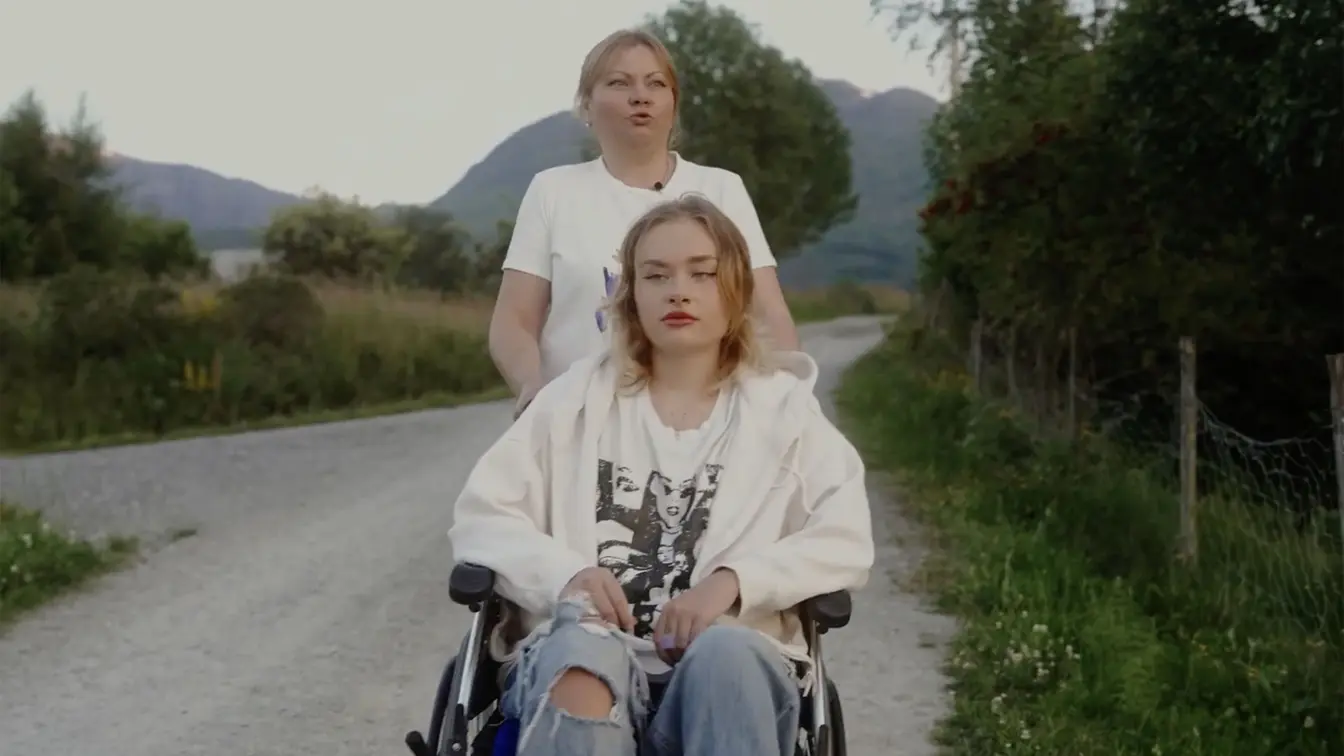T4K3.news
Chloe Ayling reflects on kidnapping experience
In a new docuseries, Ayling shares her emotional journey and addresses skepticism.

Ayling discusses her experience and the skepticism surrounding it in her new docuseries.
Chloe Ayling explains her reaction to kidnapping experience
In the new BBC docuseries, Chloe Ayling shares her experience of being kidnapped and the backlash she faced. Abducted at 20 during a fake photoshoot in Milan, Ayling was threatened with auction on the dark web. She reveals that, during her six-day captivity, she acted calmly with her captor, Lukasz Herba, which led to doubts about her story among the public. Ayling emphasizes that her behavior was driven by fear and a desire to survive. In a significant personal revelation, she also discusses her autism diagnosis and how it affects her emotional expression.
Key Takeaways
"Autism plays a big part in the way that I reacted, and that was confusing to neurotypical people."
Ayling discusses how her autism influenced her behavior during her kidnapping.
"I can’t really be mad at people for not understanding, when I didn’t really understand it myself."
This reflects Ayling's recognition of the complexity of emotional expression.
"People disassociate with events that have happened or have a delayed reaction, especially after trauma."
Ayling highlights common reactions to trauma that are often misinterpreted.
"My mum would come with me on school trips because I wouldn’t be able to say what I wanted or express how I was feeling."
A personal anecdote explaining her challenges with communication.
Ayling's story is a stark reminder of how trauma can affect individual responses. Her experience highlights society's tendency to question victims, particularly when their reactions diverge from expected norms. The backlash she encountered underscores a broader issue of skepticism that survivors often face. Ayling's insights challenge the public to reconsider their perceptions of traumatic experiences, especially in relation to mental health and neurodiversity. Her journey of sharing these experiences in her docuseries may serve both as healing for herself and education for others, inviting a more compassionate view of those who have gone through similar traumas.
Highlights
- Some reactions to trauma might seem unusual, but they tell a deeper story.
- Autism can influence how someone responds in life-threatening situations.
- People often misunderstand responses to trauma; we need more compassion.
- Understanding trauma responses may change how we treat survivors.
Public skepticism may lead to backlash against survivors
The controversy surrounding Ayling's kidnapping and responses reveals societal issues with victim credibility, risking further trauma for survivors.
Ayling's revelations may reshape how society views trauma responses.
Enjoyed this? Let your friends know!
Related News

Jordan Dunbar meets Hiroshima survivors on BBC One

Chloe Ayling shares her kidnapping story in new docuseries

Transformational effects reported by Wegovy user

Jessyca Mullenberg tells her story of survival

Cassie Ventura Posts on Instagram After Diddy Trial

Exciting New Books Released This August

Chloe Goodman discusses life-changing hair transplant

OnlyFans model reveals shocking details of Dubai incident
